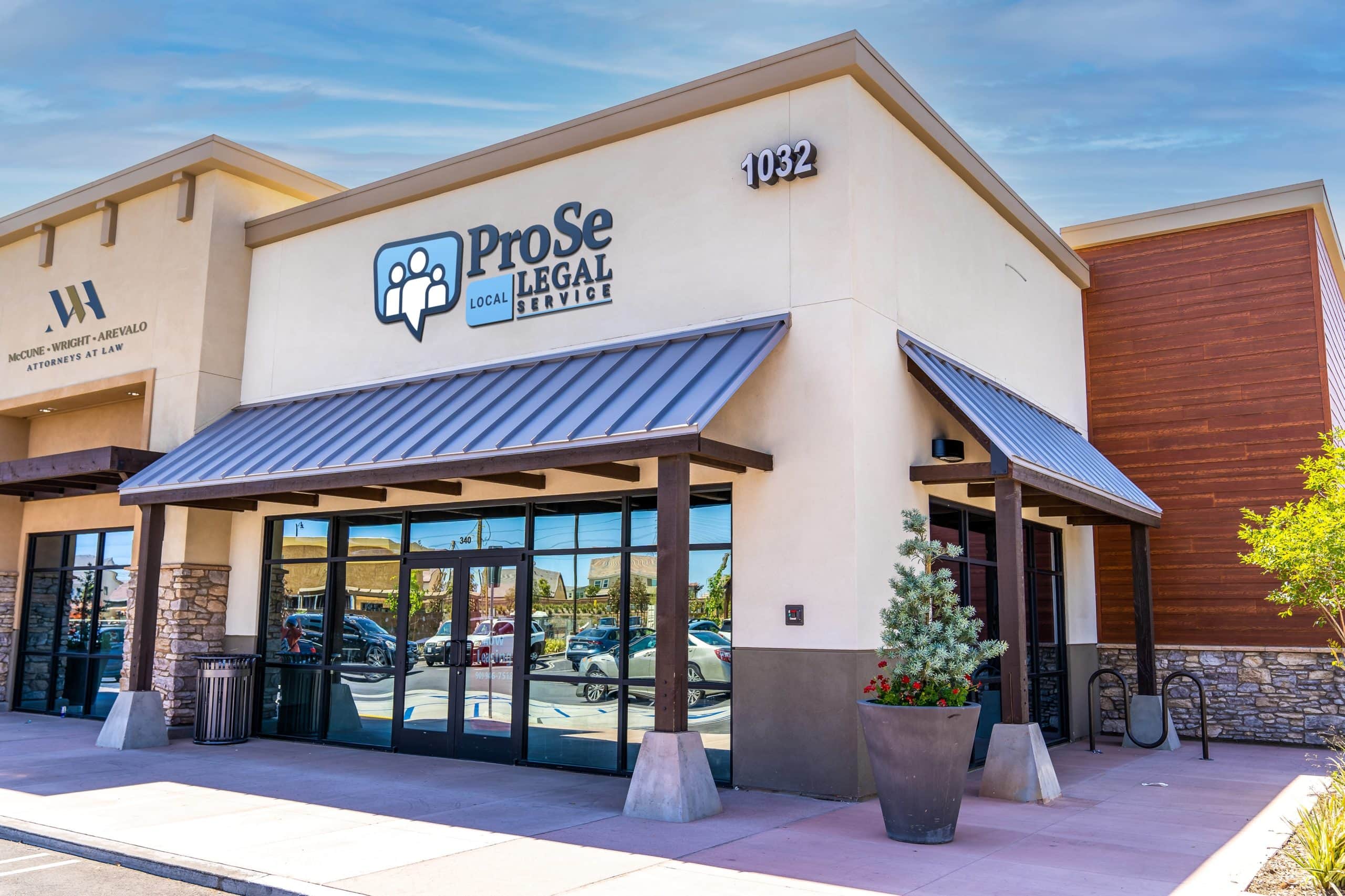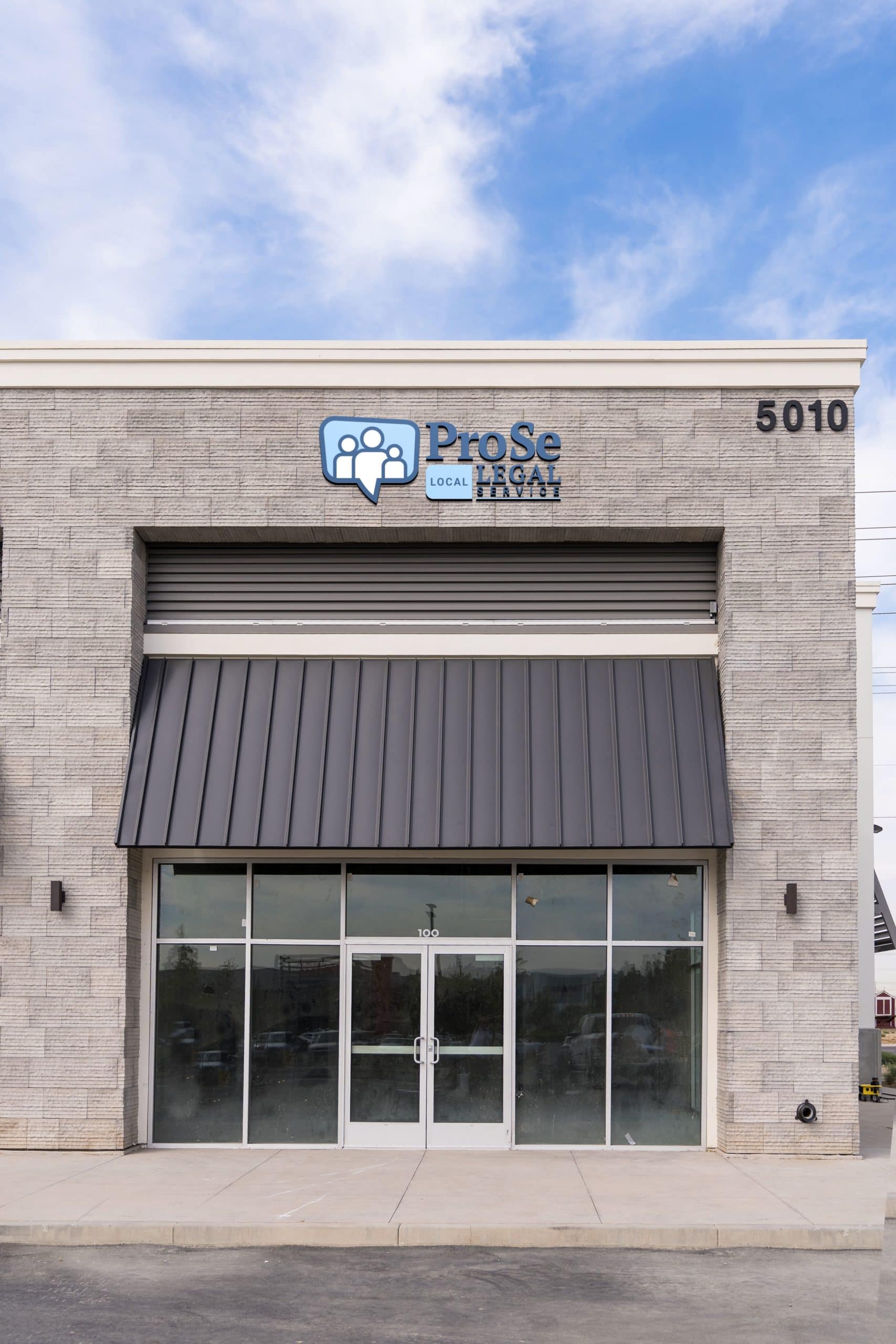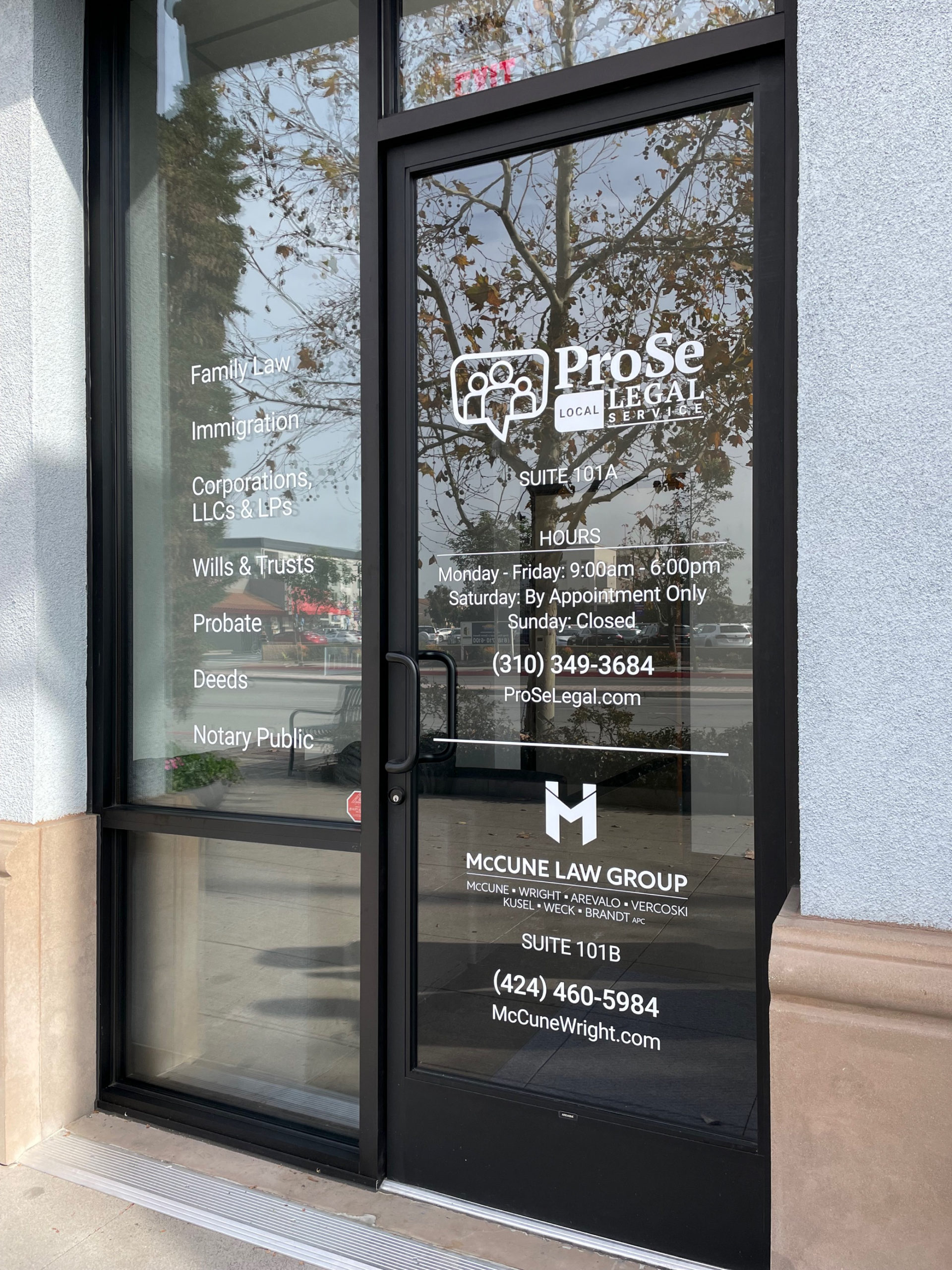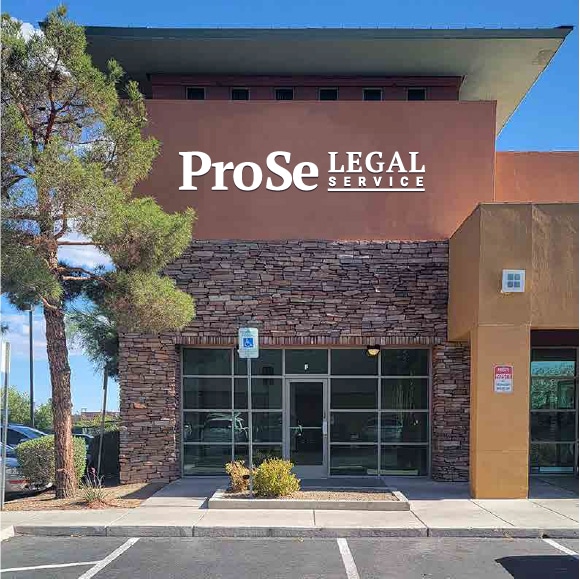Dealing with the loss of a loved one is undeniably challenging, and the subsequent probate process can further complicate matters. Probate refers to the legal process of distributing a deceased individual’s assets and settling their debts. Unfortunately, family conflicts during probate can exacerbate an already difficult situation. In this blog post, we will delve into the intricacies of probate matters and provide valuable insights on how to effectively manage family conflict during this emotionally charged process.
Understanding Probate
Probate is a legal procedure that ensures the deceased person’s assets are properly distributed according to their wishes or the laws of intestacy. During probate, the court validates the deceased’s will, appoints an executor or administrator, and oversees the settlement of debts and distribution of assets. It’s important to note that probate laws in California and Nevada vary from jurisdiction to jurisdiction, so inquire about the specific requirements in your area.
Common Causes of Family Conflict
Family conflicts can arise during the probate process due to a variety of reasons. Disputes often revolve around disagreements regarding the validity of the will, unequal distribution of assets, or differing interpretations of the deceased’s intentions. Lingering family tensions, unresolved emotional issues, and financial pressures can further fuel family conflicts. Recognizing the potential triggers for discord is crucial in effectively addressing and resolving conflicts.
Tips for Managing Family Conflict:
- Open and Honest Communication: Clear and respectful communication is paramount when dealing with family conflict during probate. Encourage family members to express their concerns, opinions, and emotions openly, creating a safe space for dialogue. Active listening and empathy can go a long way in fostering understanding and finding common ground.
- Mediation and Professional Assistance: Engaging a neutral third party, such as a mediator or a probate attorney experienced in conflict resolution, can help facilitate constructive discussions. These professionals can provide objective guidance, help identify fair compromises, and ensure all parties feel heard and understood.
- Prioritize Compromise and Fairness: Probate is a time to prioritize fairness and compromise, keeping in mind the best interests of all involved. Encourage family members to focus on finding equitable solutions rather than letting personal grievances or past conflicts dominate the proceedings.
- Seek Professional Guidance: Engaging the services of a probate attorney is highly advisable, especially when family conflict arises. A knowledgeable attorney can navigate the legal complexities of probate, interpret the deceased’s wishes, and provide expert advice to avoid or resolve conflicts effectively.
- Preserve Family Relationships: Remember that maintaining healthy family relationships is crucial, even during challenging times. Strive to separate personal issues from the probate process and find ways to preserve familial bonds. Mediation or family therapy can be valuable tools in finding common ground and healing fractured relationships.
Frequently Asked Questions:
Can family conflicts be avoided during the probate process?
While it may be challenging to completely avoid family conflicts during the probate process, proactive measures can significantly reduce the likelihood of disputes. Open and honest communication among family members, especially prior to the probate proceedings, can help address concerns and establish a common understanding.
What should I do if there is a dispute over the validity of the will?
Disputes over the validity of a will can be emotionally charged and legally complex. It’s crucial to seek professional assistance from a probate attorney experienced in handling such matters. They can guide you through the legal requirements and evidence necessary to contest or defend the validity of the will. Mediation or alternative dispute resolution methods can also be explored to find a resolution outside of court, potentially preserving family relationships in the process.
How can I ensure fair distribution of assets to avoid conflicts?
Fair distribution of assets is a key concern during probate to minimize conflicts among family members. It is essential to follow the guidelines laid out in the deceased person’s will, ensuring that the assets are distributed as per their wishes.
Can mediation be helpful in resolving family conflicts during probate?
Yes, mediation can be highly beneficial in resolving family conflicts during the probate process. Mediation involves a neutral third party who facilitates communication and negotiation between family members. The mediator helps identify common interests, encourages open dialogue, and guides the parties towards finding mutually acceptable solutions. Mediation can be particularly effective in preserving family relationships and minimizing the emotional toll that litigation may have on everyone involved. It provides a structured environment for resolving conflicts outside of the courtroom, offering a more collaborative and less adversarial approach
Let ProSe Legal Service Ease the Stress
Navigating the probate process and dealing with family disputes is hard enough. Don’t go through it alone! Let our team of stellar LDAs or LDPs help provide you with a helping hand. Our team know all the intricacies of probate paperwork in the local courts and can help guide you. A ProSe Legal Service LDA or LDP will provide you with a caring hand and will help file your probate documents quickly and accurately. Let our team take the stress of probate away so you can have time to focus on more important matters.
If you have any questions about probate matters, today or call (909) 497-1349 to schedule your next appointment with our team of professional LDAs or LDPs!








